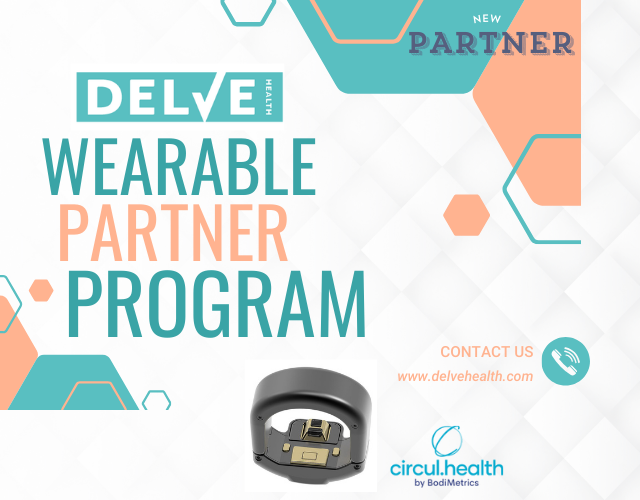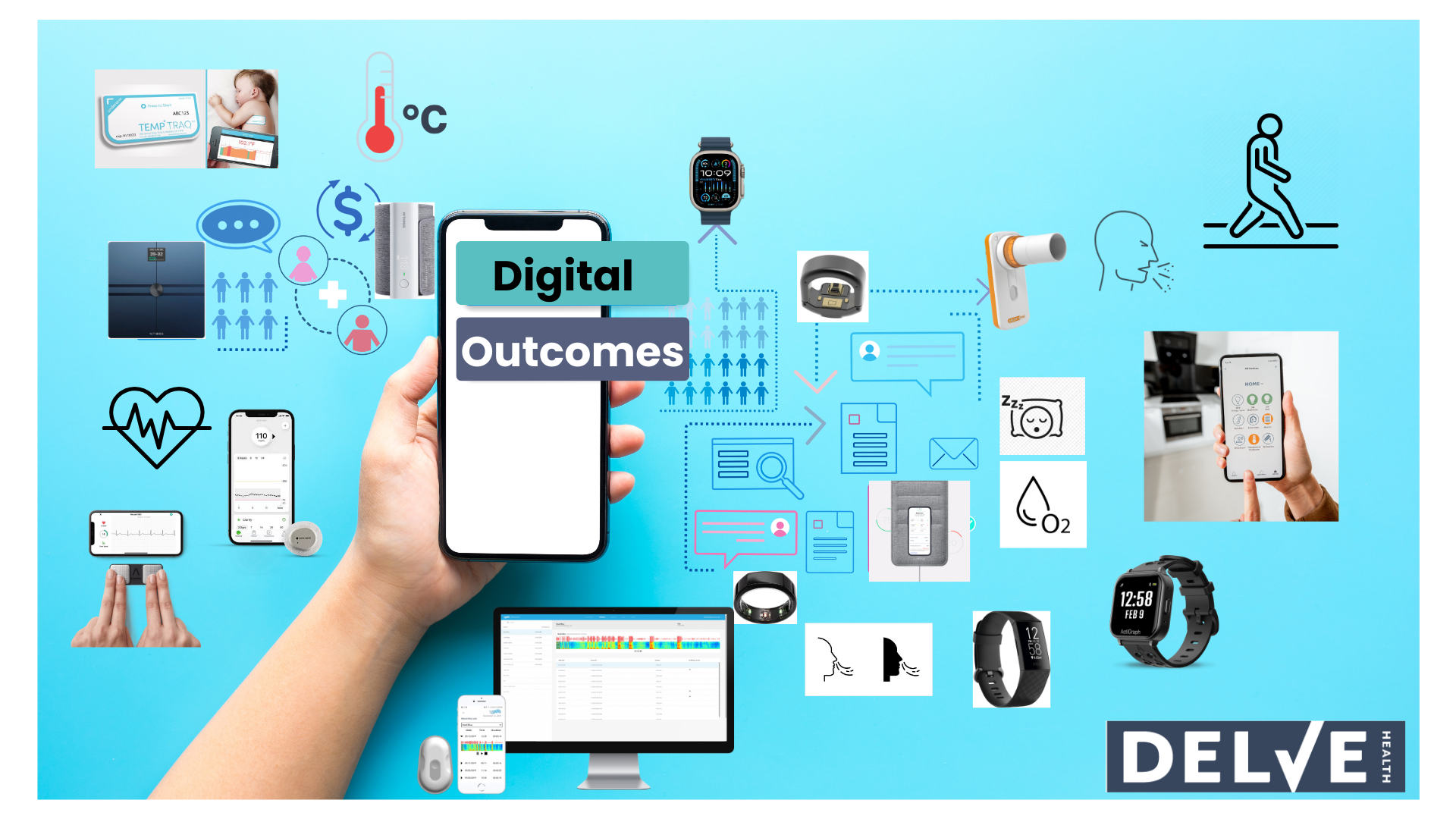eClinical trials are set to become the new standard for conducting clinical research for many reasons, including their positive effect on reducing the patient burden while increasing patient recruitment and retention; as well as boosting study staff’s efficiency via automated workflows—saving time and cutting operational costs. However, there are growing concerns regarding data privacy when conducting virtual clinical studies, as well as the potential challenges that are created for sponsors to maintain HIPPA and/or GDPR compliance. The best way for sponsors to leverage their use of technology in virtual trials, while ensuring compliance with regulatory bodies and their guidelines, is to do their due diligence up front and thoroughly research potential technology solutions in order to mitigate risks.
Choosing the Right Technology Platform for Your Clinical Trial
It’s all about compliance. eClinical technology providers and sponsors understand that regulatory requirements play a key role when it comes to customizing a platform and integrating the solution into a client’s system to properly conduct a virtual or hybrid clinical trial. Because sponsors are responsible for ensuring the decentralized clinical trial solution deployed meets regulatory and patient privacy requirements, they must also consider other government agencies that regulate patient data privacy—not just healthcare-related agencies. For example, eClinical trial technologies must also meet the International Council for Harmonization-Good Clinical Practice (ICH-GCP, or GCP) requirements. A sponsor must ensure that all patient participant information is safeguarded and was gathered with the patient’s consent during that specific study’s lifecycle. Now that clinical studies are moving towards a decentralized design and specific investigator sites are not the only place to gather patient data, new processes and safeguards should be enabled to continue to ensure data integrity and privacy remain paramount. The benefits of remote data capture and remote patient monitoring, via eClinical technologies, are clear for patient participants, such as reducing the burden of time and resources needed to participate in a trial. These factors can be especially crucial for patients who live in remote, geographical locations or are otherwise not as mobile, as well as those who may not be able to afford any upfront costs. Removing participation burdens can significantly reduce dropout rates, which in turn increases patient recruitment and compliance, which is great for the overall success of a clinical trial. For sponsors, it can also mitigate operational costs for conducting clinical trials, which can be especially crucial for those working in rare disease sectors, so using eClinical technologies to design for and solve these issues is key.Mitigating Non-Compliance Risks with eClinical Technology
Delve Health’s Clinical StudyPal has thoughtfully designed a fully-customizable, multi-modal platform that can leverage technologies in order to successfully meet these potential challenges and eliminate them before a trial even begins. For example, we have created a Nurse CRM tool that allows for nurses to visit patients in their own home. When a nurse engages the platform to enter a patient’s data from that specific visit, that is the only information the nurse has access to at that time. A nurse cannot see information from past visits or any other patient information they themselves did not enter into the platform at that specific time. This safeguards a patient’s privacy and data, while still allowing a nurse access to input data from that day’s visit. Using eClinical technology platforms to directly address and overcome any challenges are vital for sponsors to conduct effective virtual or hybrid clinical trials. The key is for a sponsor to select the right vendor. Here are a few things to consider when vetting a technology solution that will allow you to conduct decentralized clinical trials:- Patient privacy. Building your own platform is complex and expensive, especially when there are so many viable solutions already in the marketplace. A sponsor should consider their specific location, staff workflows, and your clinical trial’s goals. Interview and vet technology solution companies to ensure they are highly qualified and experienced; and, who can support regulatory compliance. Working with a company like Delve Health, who sees ourselves as an extension of your team, and who works to customize our platform’s capabilities to meet your specific trial’s needs ensure a smooth design, build, and integration of the platform—while also maintaining patient confidentiality and privacy.
- Patient trust. Delve Health is device agnostic. This means a sponsor can supply devices, patients can supply devices, or we can supply devices. We recognize that trust is wrapped up in the comfort of familiarity. If a technology device is presented that a patient is uncomfortable with, they will typically refuse to use it at all, or they will use it incorrectly. Clear and transparent communication about the data processing and the technologies used is extremely important. We offer 24/7 support for both patients and clinical study staff to ensure every participant has the answers they need to feel comfortable, safe, and trust their personal data is secure.
- Patient data integrity. The credibility of every clinical trial conducted—decentralized or traditionally—rests on data integrity. When a sponsor awards a technology provider a contract to manage trial data, it is critical to ensure the platform and systems used are highly secure and have robust risk-reduction protocols in place against hacking. Otherwise, the data could be at risk of being breached and therefore will not comply with regulatory safety and privacy requirements.
- Extensive experience. When choosing a eClinical or digital healthcare company, it is imperative for sponsors to choose one with prior experience. Be sure to do your due diligence in researching the potential vendor’s track record in order to determine whether they know how to manage IRB and Ethics committee approvals, for example. Ask them qualifying questions like how many countries the vendor has deployed in and request details like how many investigational products they have successfully had approved and more importantly have they actually got and used the tool they are offering. Have a list of criteria that any vendor must meet or exceed and place them on a short-list for potential approval; and, “weed out” all the others who you are not confident can safely and securely perform.
- Budget v. Satisfaction. Sponsors seeking an eClinical technology vendor must carefully evaluate the cost of various service components. For example, some companies only offer specific components, while other providers, like Delve Health, offer a true end-to-end solution. A lower investment does not always mean a lower-risk. A highly-experienced vendor who’s willing to work as an extension of your team and customize their technology platform to meet your specific-study’s needs may be a little more costly in the short-term, but their seasoned approach will most-likely save your time and therefore costs in the long-term. These are the “pros and cons” a sponsor will have to evaluate in order to make the best decision for their patients and staff.
- Long-term support. Audits and inspections, by the nature of their goals, often occur without warning. When that happens, sponsors are in a difficult position to deliver a large volume of requested information in an extremely short period of time. Before choosing an eClinical technology partner, sponsors must determine whether the company truly offers a robust system, backed by comprehensive study staff training and 24/7 technical support in order to meet auditing compliance guidelines. Regardless of when these requests are made, sponsors need to feel confident that they can rely on their technology partner for support during an audit and/or inquiry.



































